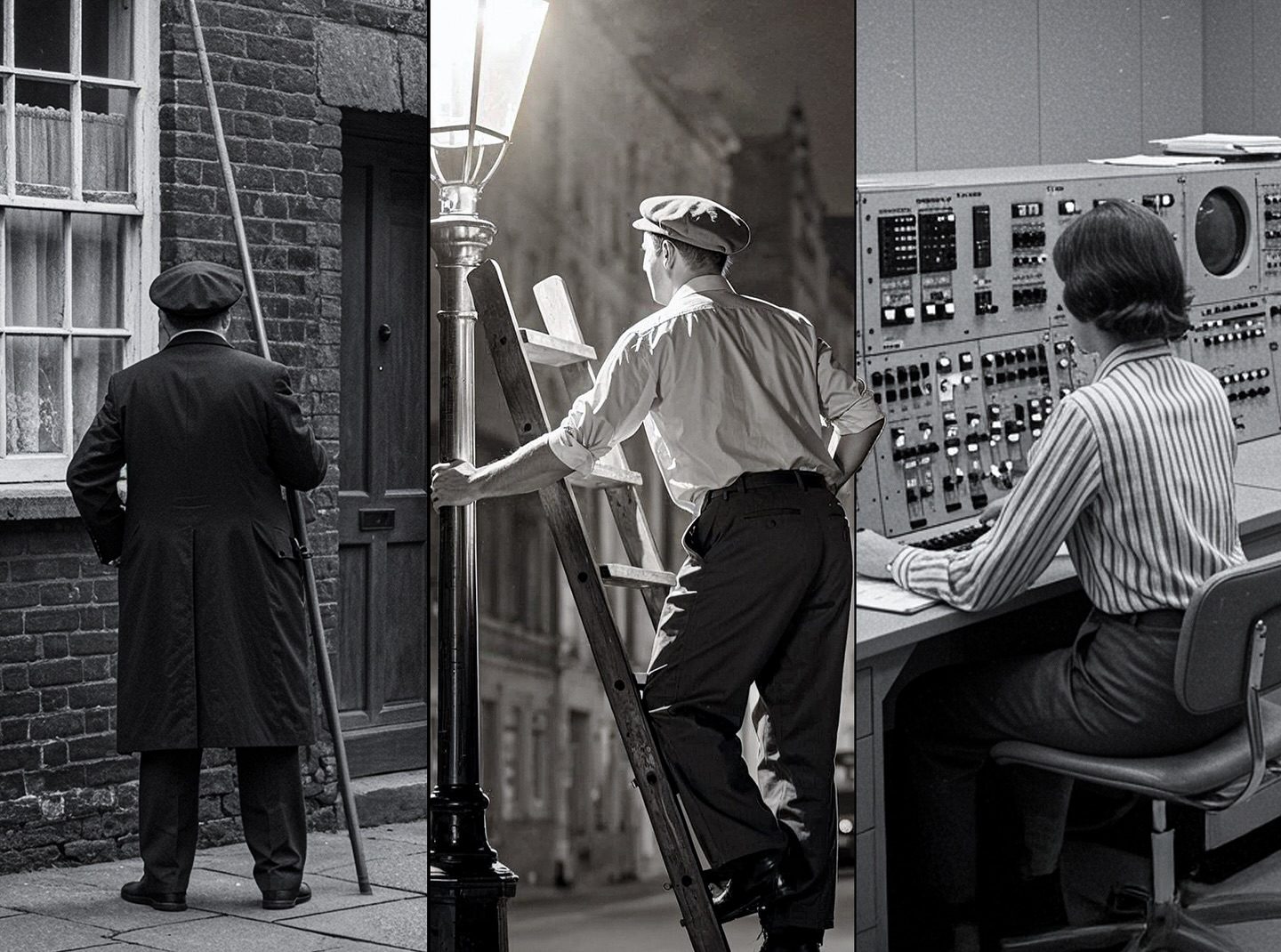Jobs That Were Popular But No Longer Exist
There’s something oddly emotional about the jobs we’ve left behind. They weren’t just careers — they were pieces of a different world, stitched into everyday life, now completely vanished. These roles might sound strange or even laughable today, but they were once considered vital, respectable, and sometimes even glamorous. Now, they live on only in grainy photos, faded memories, and dusty footnotes in history. Let’s take a walk through time and remember the workers who helped build a world we’ll never see again — and explore how innovation slowly pushed them into the past.
Bowling Alley Pinsetter

Imagine being a teenager crouched behind pins, waiting for a heavy ball to crash into your space. That’s what pinsetters did, day in and day out. It was loud, risky, and repetitive — but it was work. Before automation, bowling alleys relied on human speed and coordination to keep the game moving. A single mistake could mean a bruised arm or worse. The introduction of mechanical pinsetters in the 1950s didn’t just revolutionize bowling — it also quietly erased thousands of these gritty little jobs. It’s a reminder that even fun and games came with a human cost.
Lamplighter
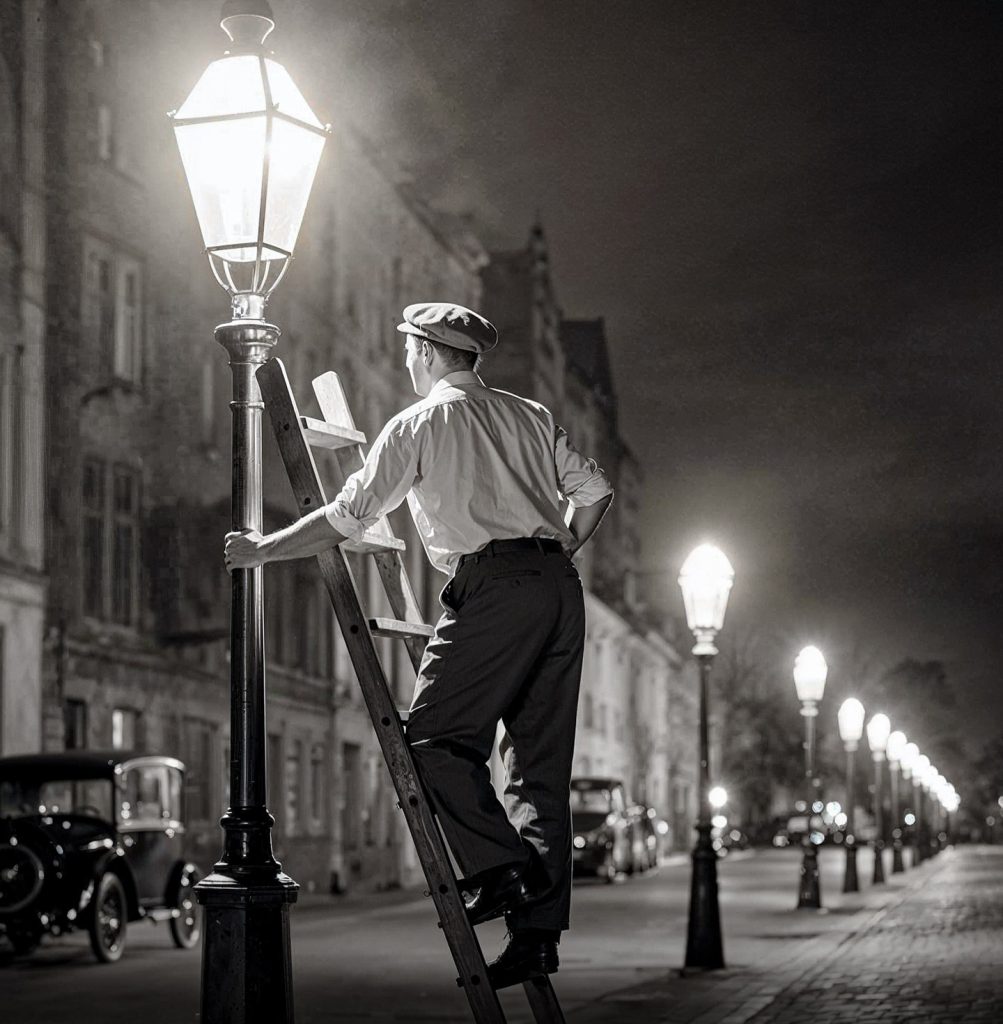
There was a time when city nights didn’t begin with the flick of a switch. They started with footsteps and flame. Lamplighters would roam the streets with ladders and long poles, lighting one gas lamp after another, then returning at dawn to extinguish them. In many towns, they were as familiar as the mailman — a symbol of quiet duty and routine. But with the arrival of electric streetlights and automatic timers, their job faded like the glow they used to spark. It’s poetic, in a way. They brought light to the dark, only to be outshined by the future.
Elevator Operator
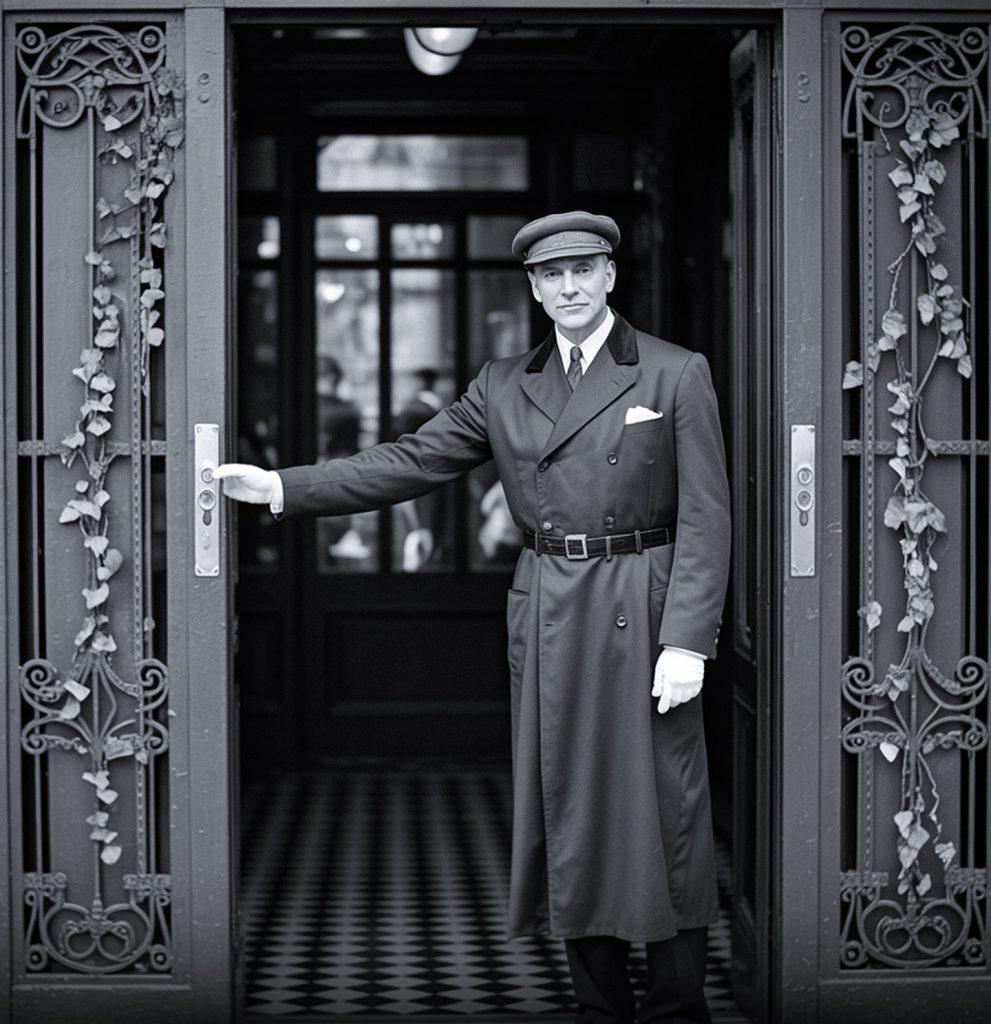
Once, riding an elevator was a service — not just a button push. Dressed in crisp uniforms with white gloves, elevator operators weren’t just button pressers. They were greeters, guides, and even conversationalists in high-end hotels and department stores. It was a job rooted in trust, timing, and courtesy. But the march of progress doesn’t ask for small talk. Self-operating elevators, now standard in every building, rendered this role quaint — then obsolete. And with it went a little piece of human connection tucked into the ride between floors.
Lecturer Who Entertained Factory Workers
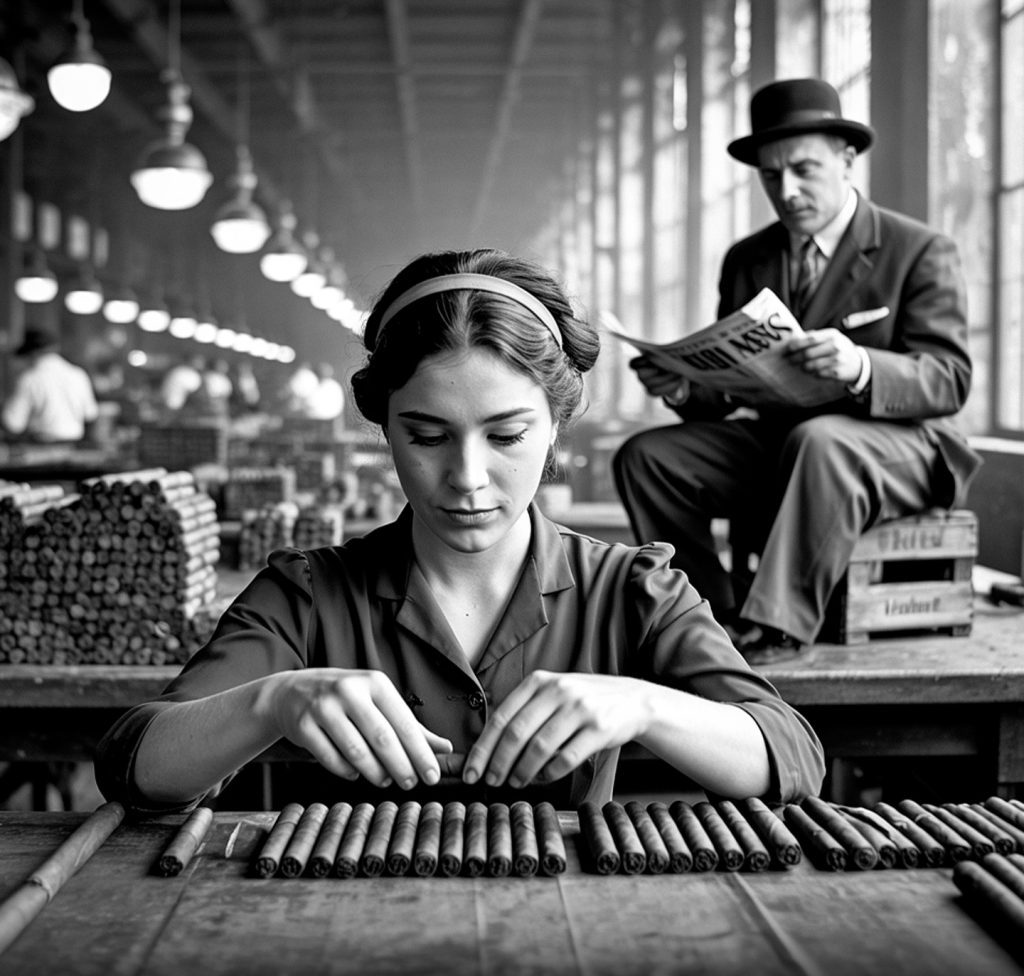
Factory life, especially in the early 20th century, was brutally repetitive. Rolling cigars, sewing garments, or assembling widgets for hours could numb the mind. So, some factory owners hired lecturers — real people who would read newspapers, novels, or political speeches out loud to keep workers entertained. It was education, news, and distraction all rolled into one. But as technology brought radios and podcasts and more rights for workers, the need for live readers faded. It’s a sweet and strange idea: that someone was once paid to simply read stories to help others endure the day.
Human Computer
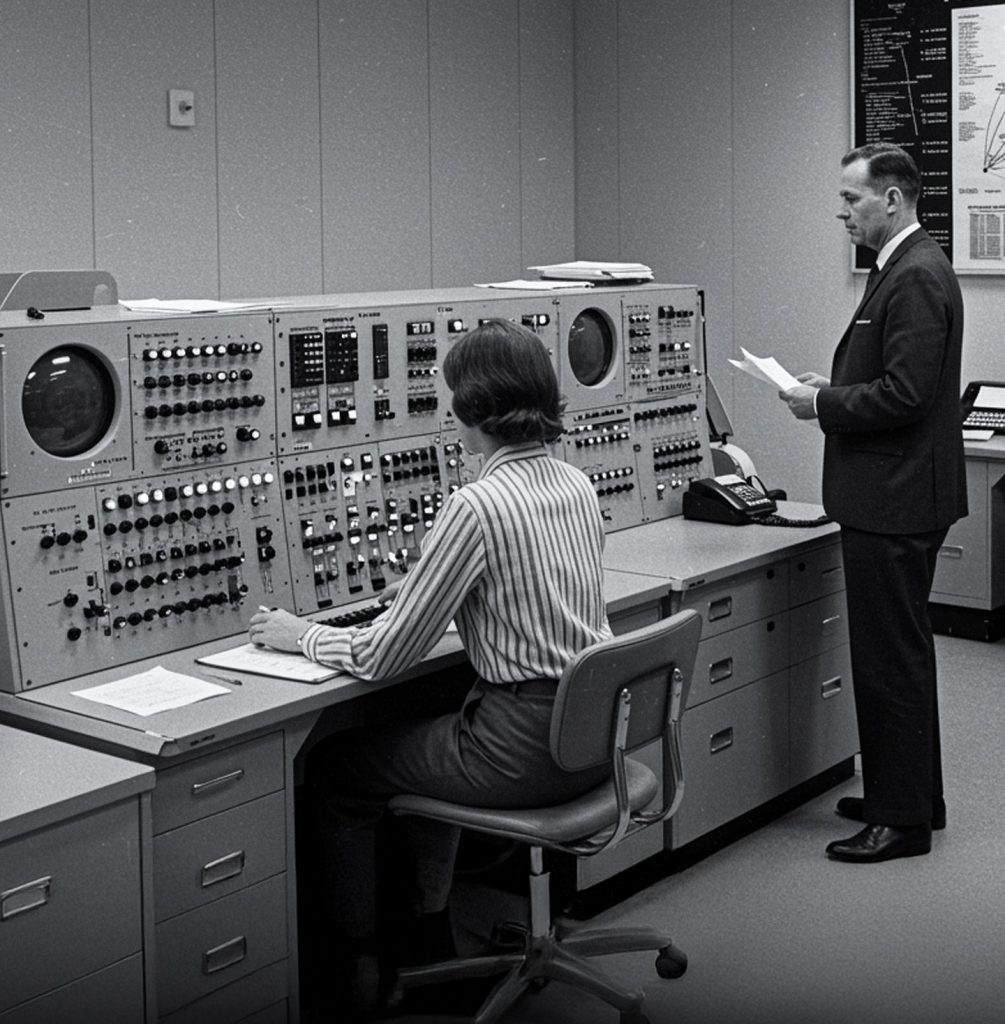
Before the machines came, the math was done by humans — mostly women — hunched over desks with pencils, slide rules, and endless patience. Known as “computers,” these individuals calculated everything from rocket trajectories to statistical models, by hand. They were the unsung minds behind some of the greatest scientific achievements of the 20th century. But as electronic computers grew faster and smaller, these jobs vanished almost overnight. It’s a powerful example of brilliance being swallowed by silicon — not because it wasn’t needed, but because it was finally replicated.
Switchboard Operator
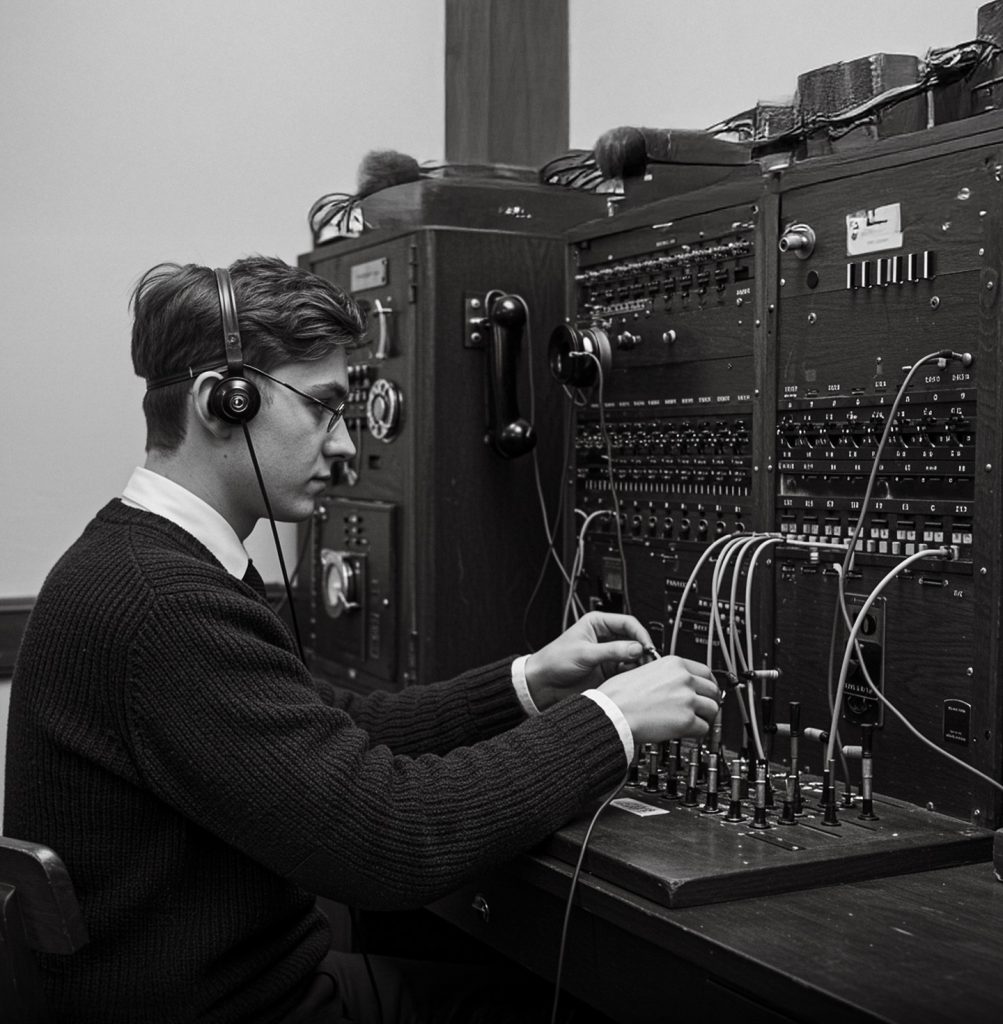
Remember when making a phone call meant talking to someone before talking to someone? Switchboard operators were the human internet of their time. With rows of plugs and blinking lights, they connected one person to another with precision and a calm voice. It was a job dominated by women, requiring focus, memory, and people skills. But once computers learned how to patch calls, those charming “Hello, operator?” moments became a thing of the past. The job disappeared, and so did a strangely comforting part of communication.
Human Alarm Clock
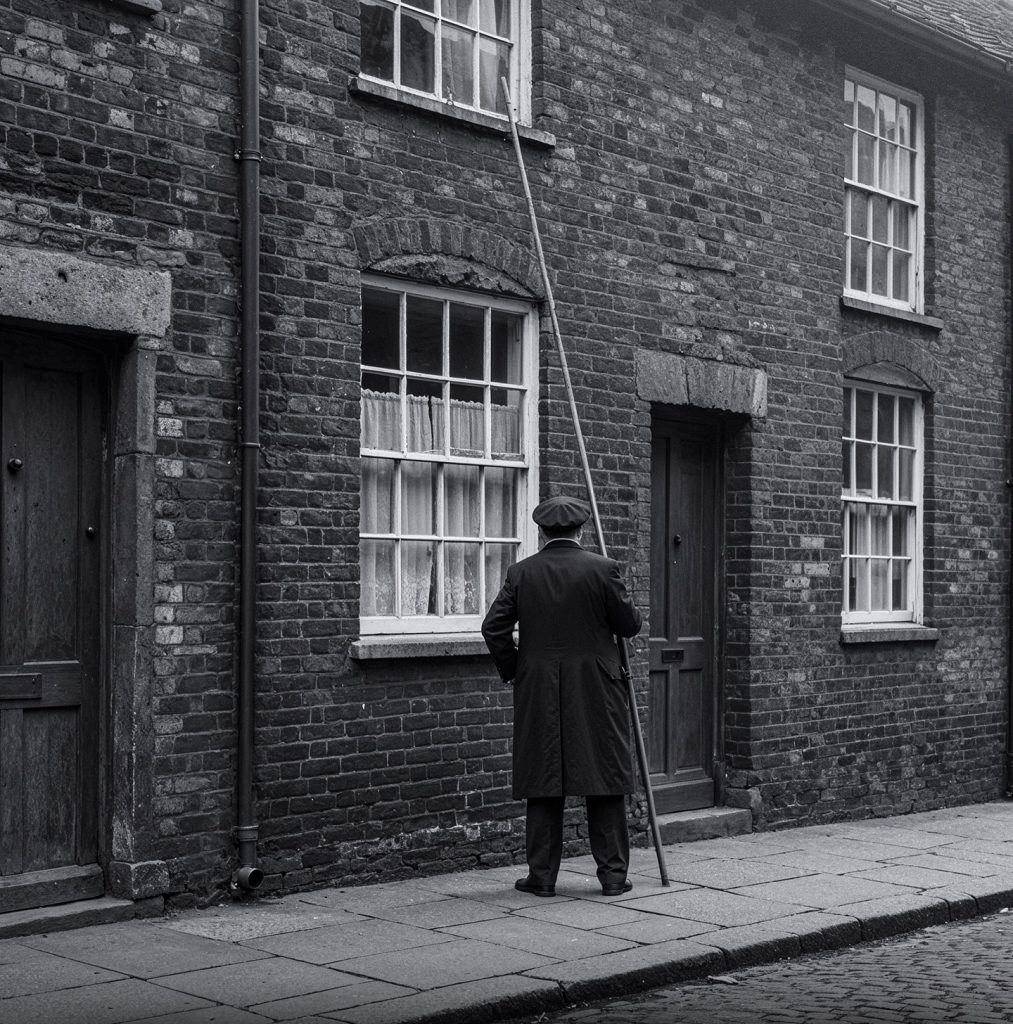
It sounds like folklore, but it’s true. In the industrial era, some people made a living by waking others up — literally. Known as “knocker-uppers,” they tapped on bedroom windows with long sticks, often in the cold dawn, to make sure factory workers didn’t miss their shifts. This wasn’t a prank — it was a respected service in the days before affordable alarm clocks. As mechanical clocks became household items, the knockers quietly retired. Their job was never glamorous, but it was deeply trusted. They were human snooze buttons — and they never missed.

